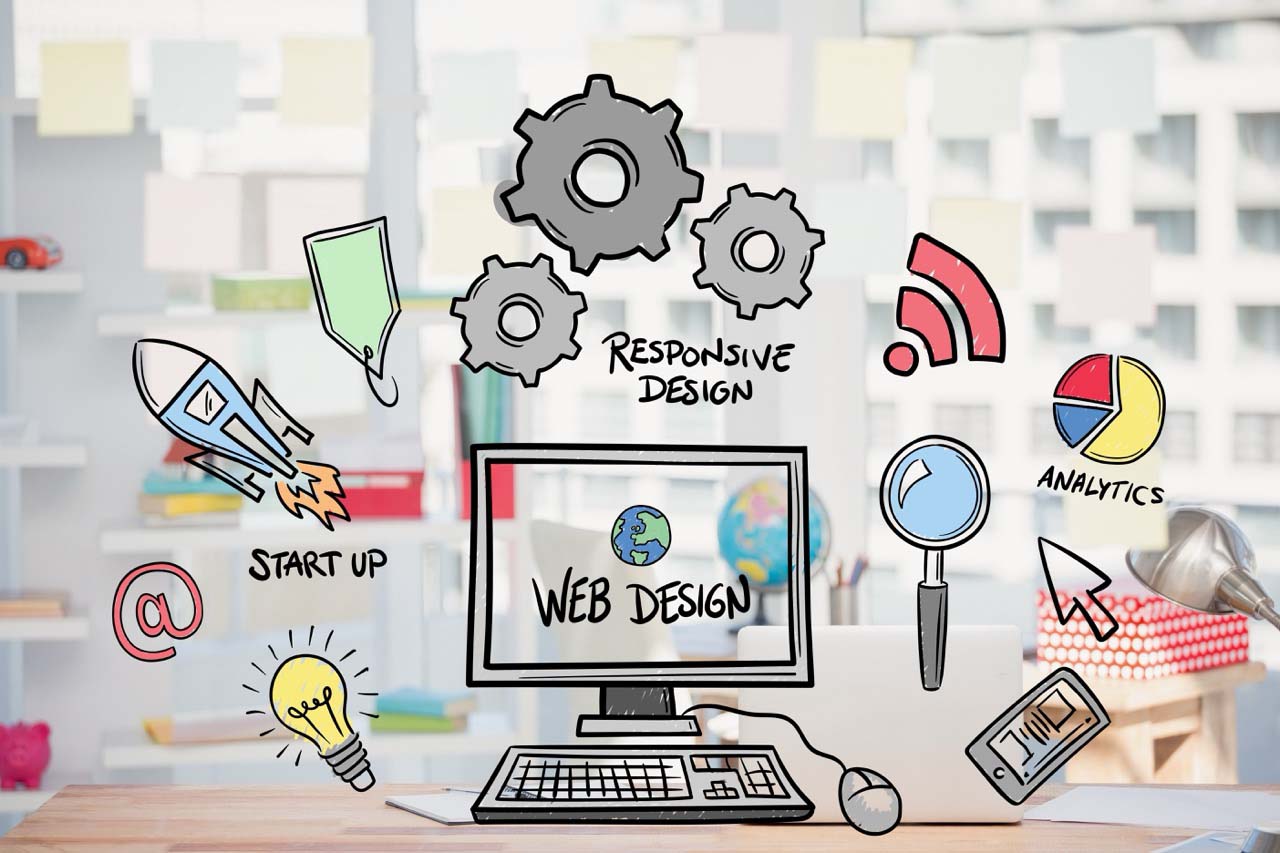Creating an online presence is crucial in today’s digital world. Whether you’re starting a blog, launching an e-commerce store, or building a portfolio website, the platform you choose is the foundation of your online success. With so many options available – WordPress, Shopify, Wix, Squarespace, and more – the decision can feel overwhelming. This comprehensive guide will break down the key factors to consider, helping you choose the right platform for your specific needs and goals.
Understanding Your Needs:
Before diving into platform comparisons, it’s essential to define your website’s purpose and requirements. Ask yourself the following questions:
- What is the primary goal of your website? (e.g., selling products, sharing information, building a community, showcasing your work)
- What type of content will you be publishing? (e.g., blog posts, product listings, images, videos, podcasts)
- What level of technical expertise do you have? (e.g., beginner, intermediate, advanced)
- What is your budget? (e.g., free, affordable, premium)
- What are your long-term growth plans? (e.g., scalability, future features)
Answering these questions will provide clarity and guide you towards the most suitable platform.
Popular Website Platforms: A Detailed Comparison:
Let’s explore some of the most popular website platforms and their strengths and weaknesses:
WordPress.org (Self-Hosted):
- Overview: WordPress.org is the most popular Content Management System (CMS) globally, powering a significant portion of the internet. It’s open-source, highly flexible, and offers extensive customization options. You’ll need web hosting to use WordPress.org.
Pros:
-
- Flexibility and Customization: Thousands of themes and plugins allow you to create virtually any type of website.
- SEO-Friendly: WordPress is inherently SEO-friendly, and numerous plugins enhance its capabilities further.
- Large Community and Support: A vast community provides ample resources, tutorials, and support.
- Scalability: WordPress can grow with your business, handling increasing traffic and complexity.
- Cost-Effective: While hosting costs money, WordPress itself is free, and many free themes and plugins are available.
Cons:
-
- Learning Curve: Requires some technical knowledge, especially for advanced customization.
- Maintenance: You’re responsible for updates, security, and backups.
- Hosting Costs: Requires purchasing web hosting, which can vary in price.
WordPress.com:
- Overview: WordPress.com is a hosted version of WordPress.org, simplifying the setup and maintenance process.
Pros:
-
- Easy to Use: Simplified setup and user-friendly interface.
- No Hosting Required: WordPress.com handles hosting for you.
- Automatic Updates: WordPress.com takes care of software updates.
Cons:
-
- Limited Customization: Fewer themes and plugins compared to WordPress.org.
- Less Control: You have less control over your website’s files and settings.
- Pricing: Can be more expensive than self-hosting WordPress for advanced features.
Shopify:
- Overview: Shopify is a leading e-commerce platform designed specifically for online stores.
Pros:
-
- Easy to Set Up an Online Store: Simplified process for creating and managing an online store.
- Built-in E-commerce Features: Includes everything you need to sell online, from product management to payment gateways.
- Secure and Reliable: Shopify handles security and hosting, ensuring your store is always online.
- App Store: Access to a wide range of apps to extend functionality.
Cons:
-
- Transaction Fees: Shopify charges transaction fees on sales, which can impact profitability.
- Less Flexibility: Customization options are more limited compared to WordPress.org.
- Pricing: Can be expensive, especially as your store grows.
Wix:
- Overview: Wix is a popular website builder known for its drag-and-drop interface and ease of use.
Pros:
-
- Beginner-Friendly: Easy to use, even with no technical skills.
- Drag-and-Drop Interface: Simplifies website design and customization.
- Affordable: Offers various plans to suit different budgets.
Cons:
Limited Customization: Less flexible than WordPress.org.
-
- Vendor Lock-in: Switching platforms can be difficult.
- SEO Limitations: While Wix has improved its SEO features, it’s not as robust as WordPress.
Squarespace:
- Overview: Squarespace is another popular website builder that focuses on design and aesthetics.
Pros:
-
- Beautiful Templates: Offers visually appealing and professional templates.
- Easy to Use: User-friendly interface for building and managing websites.
- All-in-One Platform: Includes hosting, domain, and website builder in one package.
Cons:
-
- Limited Customization: Less flexible than WordPress.org.
- Pricing: Can be more expensive than some other options.
- SEO Limitations: Similar to Wix, SEO capabilities are not as advanced as WordPress.
Other Platforms:
- Webflow: A powerful platform for designers and developers, offering more design control than Wix or Squarespace.
- GoDaddy Website Builder: A simple and affordable option for basic websites.
- Blogger: A free platform for creating blogs, owned by Google.
Choosing the Right Platform: A Quick Guide:
- E-commerce Store: Shopify, WooCommerce (WordPress plugin)
- Blog: WordPress.org, WordPress.com, Blogger
- Portfolio Website: WordPress.org, Squarespace, Webflow
- Small Business Website: WordPress.org, Wix, Squarespace
- Non-profit Website: WordPress.org, Wix, Squarespace
Key Considerations:
- SEO: WordPress.org generally offers the best SEO capabilities due to its flexibility and extensive plugin ecosystem.
- Budget: Consider your budget and choose a platform that fits your financial constraints.
- Technical Skills: If you’re a beginner, website builders like Wix and Squarespace might be easier to use.
- Scalability: If you plan to grow your website significantly, WordPress.org or Shopify are good choices.
Conclusion:
Choosing the right website platform is a crucial decision that can significantly impact your online success. By carefully considering your needs, goals, and technical skills, you can select the platform that best suits your requirements. Don’t rush the process; take your time to research and compare different options before making a decision. Remember that your website is your online home, so choose wisely!

